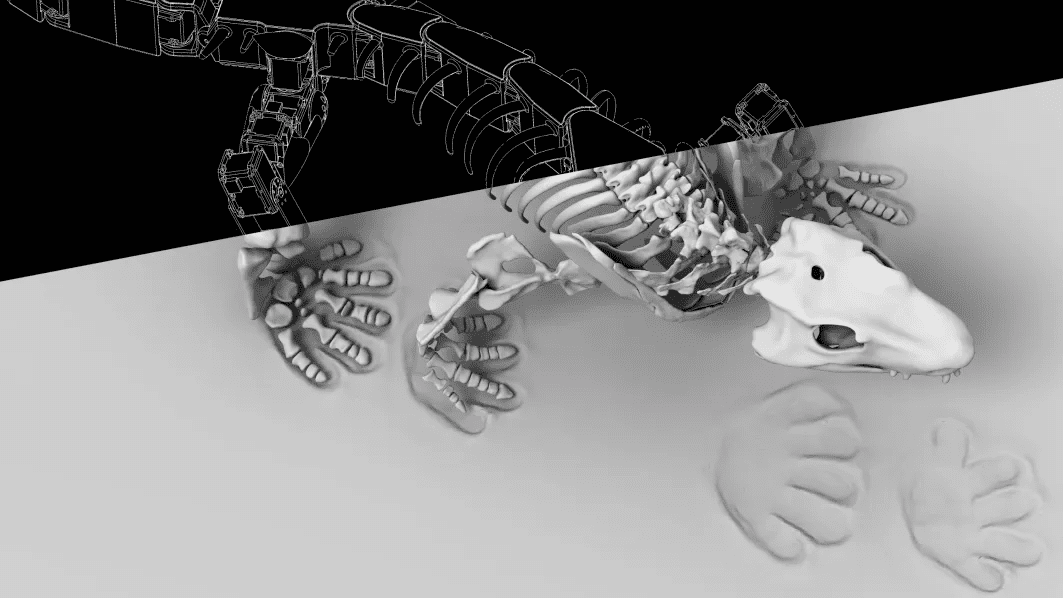The Download: accidental AI relationships, and the future of contraception
This is today’s edition of The Download, our weekday newsletter that provides a daily dose of what’s going on in the world of technology.
It’s surprisingly easy to stumble into a relationship with an AI chatbot
The news: The first large-scale computational analysis of the Reddit community r/MyBoyfriendIsAI, which is dedicated to discussing AI relationships, found that many people formed those relationships unintentionally while using AI for other purposes. In fact, only 6.5% of them said they’d deliberately sought out an AI companion.
Why it matters: The study found that AI companionship provides vital support for some but exacerbates underlying problems for others. This means it’s hard to take a one-size-fits-all approach to user safety. Read the full story.
—Rhiannon Williams
Join us at 1.30pm ET today to learn about the future of birth control
Conversations around birth control usually focus on women, but Kevin Eisenfrats, one of the MIT Technology Review 2025 Innovators Under 35, is working to change that. His company, Contraline, is working toward testing new birth control options for men. Join us for an exclusive subscribers-only Roundtable interview to hear Kevin in conversation with our executive editor Amy Nordrum at 1.30 ET today.
MIT Technology Review Narrated: What’s next for AI and math
The last year has seen rapid progress in the ability of large language models to tackle math at high school level and beyond. Is AI closing in on human mathematicians?
This story is the latest to be turned into a MIT Technology Review Narrated podcast, which we publish every week on Spotify and Apple Podcasts. Just navigate to MIT Technology Review Narrated on either platform, and follow us to listen to all our new episodes as they’re released.
The must-reads
I’ve combed the internet to find you today’s most fun/important/scary/fascinating stories about technology.
1 Secret Service agents dismantled a giant operation to cripple cell networks
They say it’s likely it was intended to be used for scams. (Wired $)
2 Welcome to the new era of fragmented US vaccine policies
The federal government is abdicating responsibility for public health. Who will fill the void? (New Yorker $)
+ Why US federal health agencies are abandoning mRNA vaccines. (MIT Technology Review)
3 European defense leaders are discussing building a ‘drone wall’
They’re scrambling to catch up as Russian incursions into their territory increase. (ABC)
4 How will we know if we’ve reached artificial general intelligence?
That’s the multi-billion dollar question—but there’s no clear answer. (IEEE Spectrum)
+ Experts don’t even agree on what AI is to begin with, never mind AGI. (MIT Technology Review)
5 Robot umpires are coming to baseball’s major leagues next year 



Humans will still be in charge of calling balls and strikes, but tech will help to judge appealed decisions. (AP)
6 AI’s energy needs are being overstated
And that could lock us into unnecessary, costly fossil fuel projects. (The Verge)
+ Four reasons to be optimistic about AI’s energy usage. (MIT Technology Review)
7 Extreme drought is set to become a lot more commonplace
Governments need to do a lot more to prepare. (Gizmodo)
8 AI is coming for subtitle writers’ jobs
But their work is harder to replace than you might think. (The Guardian)
+ ‘Workslop’ is slowing everything down. (Harvard Business Review)
+ And, to add to the problem, AI systems may never be secure. (The Economist $)
9 How epigenetics could help save wildlife from extinction
It could allow scientists to detect accelerated aging before an animal population starts to visibly collapse. (Knowable)
+ Aging clocks aim to predict how long you’ll live. (MIT Technology Review)
10 TikTok is getting introduced to the concept of the rapture
Which is due today, according to some. If so, it’s been great knowing you. Good luck! (The Guardian)
Quote of the day
“Everybody has a backup.”
—Stella Li, executive vice president at BYD, tells CNBC the company has contingency plans in case Beijing orders it to stop using Nvidia chips.
One more thing



This app is helping workers reclaim millions in lost wages
Reclamo, a new web app, helps immigrant workers who have experienced wage theft. It guides them through assembling case details, and ultimately produces finished legal claims that can be filed instantly. A process that would otherwise take multiple meetings with an attorney can now be done within an hour.
A significant amount of wage theft targets immigrants, both legal and undocumented, in part because of communication barriers and their perceived lack of power or legal recourse. But the app is already making a difference—helping workers to reclaim $1 million in lost wages since it started beta testing in October 2022. Read the full story.
—Patrick Sisson
We can still have nice things
A place for comfort, fun and distraction to brighten up your day. (Got any ideas? Drop me a line or skeet ’em at me.)
+ It’s Fat Bear Week! Who gets your vote this year?
+ Learn about Lord Woodbine, the forgotten sixth Beatle.
+ There are some truly wild and wacky recipes in this Medieval Cookery collection. Venison porridge, anyone?
+ Pessimism about technology is as old as technology itself, as this archive shows.

















